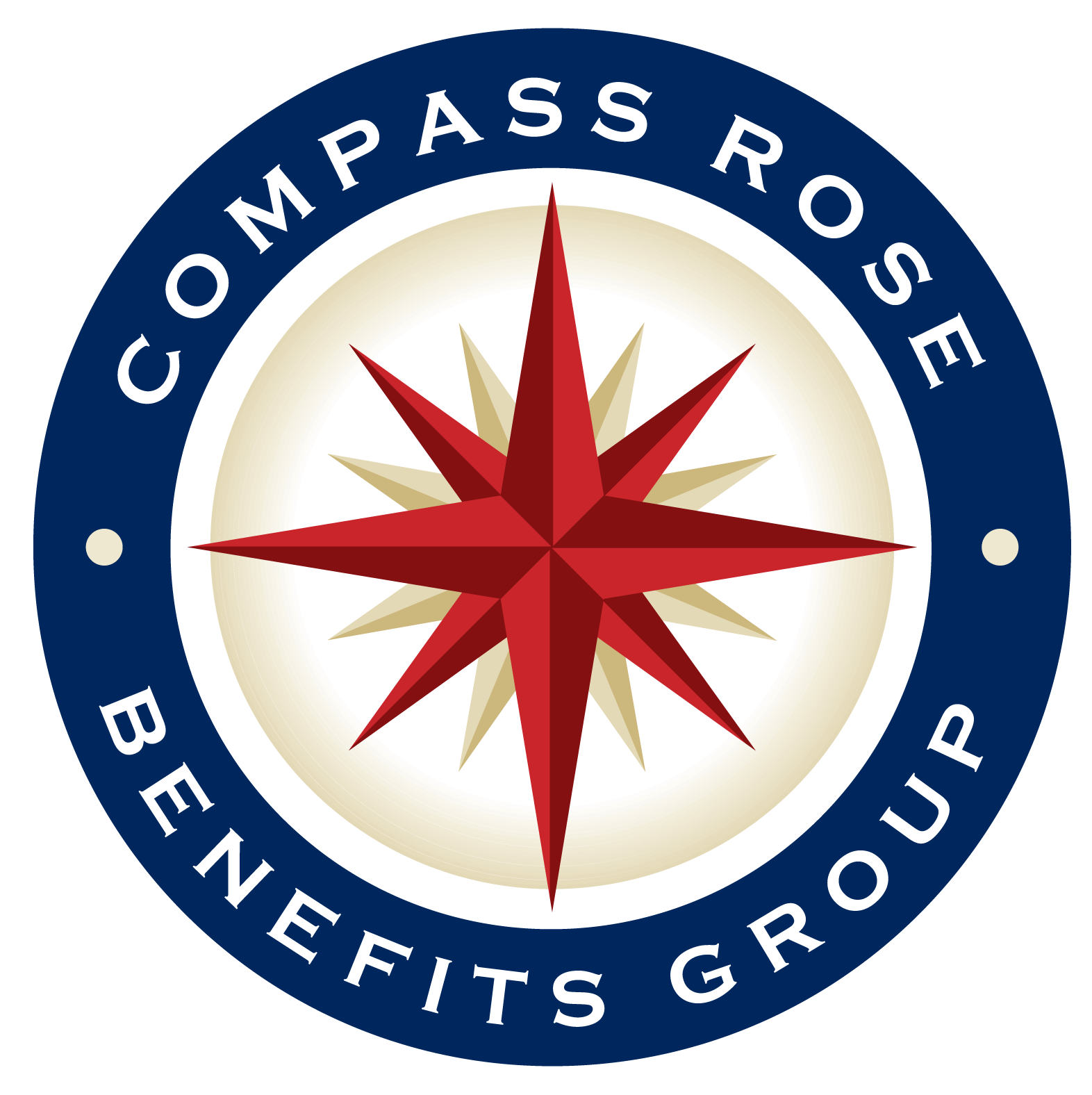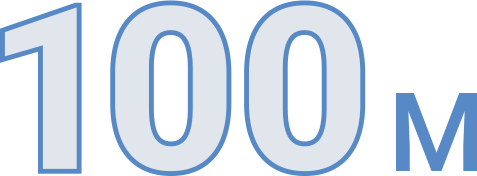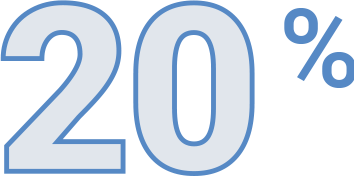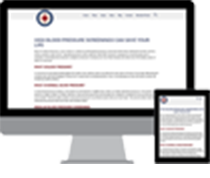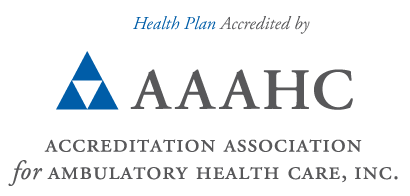Embrace a heart-healthy life with blood pressure management.
We want to help you make healthy decisions so you can live a long, fulfilling life. If you already have hypertension, get regular checkups to manage your symptoms. Your provider will likely prescribe a treatment plan and advise you on making healthy lifestyle changes. You may also need to take medications. The goal of treatment is to reduce your blood pressure enough to avoid more serious problems.
Early diagnosis and simple, healthy changes can keep high blood pressure from seriously damaging your health. Our blood pressure resources below can help you get on the right track and help you manage high blood pressure!
-
- High blood pressure, also known as HBP or hypertension, occurs when the pressure of your blood is consistently too high against the walls of your blood vessels and arteries. Nicknamed “the silent killer,” high blood pressure usually shows no symptoms, yet it can lead to life-threatening conditions like heart attack or stroke. That’s why preventive care is essential.1
1https://www.cdc.gov/bloodpressure/index.htm
- High blood pressure, also known as HBP or hypertension, occurs when the pressure of your blood is consistently too high against the walls of your blood vessels and arteries. Nicknamed “the silent killer,” high blood pressure usually shows no symptoms, yet it can lead to life-threatening conditions like heart attack or stroke. That’s why preventive care is essential.1
-
- The top number in your blood pressure reading is “systolic pressure.” This is the pressure in your blood vessels when your heart beats. The bottom number is “diastolic pressure” and it measures the pressure in your blood vessels between heart beats, at rest.2 Use the chart below to see how your measurement stacks up.
Systolic Diastolic NORMAL Less than 120 and less than 80 ELEVATED 120 - 129 and less than 80 HYPERTENSION
STAGE 1130 - 139 or 80 - 89 HYPERTENSION
STAGE 2140 or higher or 90 or higher HYPERTENSIVE
CRISISHigher than 180 and/or higher than 120
2https://www.cdc.gov/bloodpressure/measure.htm
- The top number in your blood pressure reading is “systolic pressure.” This is the pressure in your blood vessels when your heart beats. The bottom number is “diastolic pressure” and it measures the pressure in your blood vessels between heart beats, at rest.2 Use the chart below to see how your measurement stacks up.
-
- There are controllable and non-controllable risk factors.3
Controllable Uncontrollable • Smoking • Family history • Diabetes • Race/ethnicity • Being overweight • Age • High cholesterol • Gender • Unhealthy diet • Lack of physical activity
Some other, harder to manage factors include chronic kidney disease and obstructive sleep apnea.
3https://www.heart.org/en/health-topics/high-blood-pressure/why-high-blood-pressure-is-a-silent-killer/know-your-risk-factors-for-high-blood-pressure
- There are controllable and non-controllable risk factors.3
-
-
- By your primary care provider at their office
- At a pharmacy that has a digital blood pressure machine
- At home with a blood pressure monitor that you can use yourself
-
